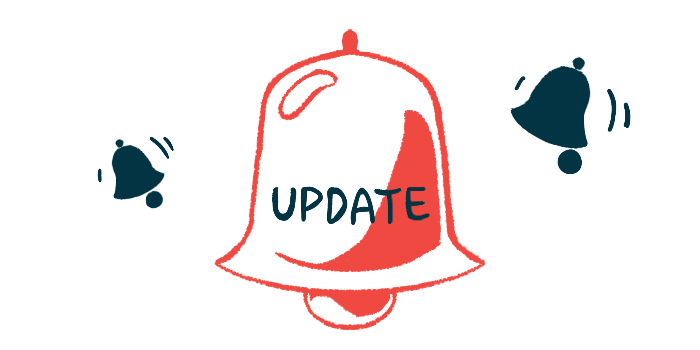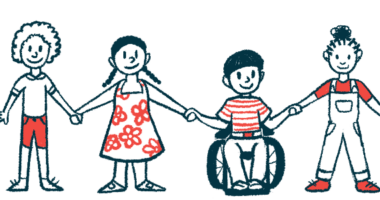Dosing Begins In Phase 1 Trial of Bright Minds’ BMB-101 for Dravet
The therapy is intended to target a serotonin receptor, but bypass side effects

The first healthy volunteer has been dosed in a Phase 1 trial of BMB-101, Bright Minds Biosciences‘ investigational treatment for Dravet syndrome.
BMB-101 is an orally available serotonergic medication, a class that modulate pathways associated with a signaling chemical called serotonin, that Bright Minds maintains could offer a more favorable safety profile and make BMB-101 a “best-in-class” therapeutic.
“Dosing the initial subject in the first-in-human trial of BMB-101 is an exciting milestone for Bright Minds,” Ian McDonald, the company’s CEO and co-founder, said in a press release. “After several years of discovery and early development of next-generation, best-in-class serotonergic investigational drugs, we are delighted to progress into human trials. We are hopeful that our efforts result in more efficacious and safer drugs for patients suffering from Dravet Syndrome, which remains an area of high unmet medical need.”
Serotonin is a chemical messenger important for regulating a range of biological processes, including mood, anxiety, feeding, and sexual behavior. Alterations to serotonin and its signaling system have been observed in Dravet models, and boosting serotonin levels or activating the receptors it binds to have been shown to protect against seizures.
Bright Minds designed BMB-101 to selectively activate a serotonin receptor called 5-HT2C, but bypass some of the side effects seen with earlier serotonergic medications. It acts as a “biased agonist” at these receptors, which basically means it interacts with them in ways that promote certain signaling pathways — those expected to be therapeutic — while avoiding others that could cause side effects.
The experimental treatment has a more specific action than lorcaserin, Esai’s oral 5-HT2C targeted medication being investigated for Dravet in a Phase 3 trial (NCT04572243). Bright Minds expects this specificity will offer a better safety profile.
Preclinical studies demonstrated that BMB-101 protected against seizures in mice and rats as well as a zebrafish model of Dravet syndrome. Toxicology studies showed that almost a month of repeated oral dosing of BMB-101 was safe and well tolerated in mice and dogs.
“BMB-101 was designed with the aim of improving the safety profile relative to earlier medications in this class, and we are excited about the potential to deliver an improved therapeutic to address this rare and devastating disease,” Revati Shreeniwas, MD, chief medical officer of Bright Minds, said. “Based on the strength of BMB-101’s preclinical data and encouraging scientific rationale of 5-HT2C agonism in the treatment of Dravet Syndrome, we are enthusiastic to advance our lead product into clinical trials.”
The Phase 1 trial (NCT05397041) is recruiting up to 76 healthy adults, ages 18-55, at CMAX Clinical Research, Adelaide, Australia who will be randomized to receive either BMB-101 or a placebo. Participants assigned to BMB-101 will receive one of several different oral doses once or twice daily.
The study aims to evaluate the investigational treatment’s safety, tolerability and pharmacokinetics, that is, it’s movement into, through and out of the body, after single or multiple doses in order to inform Phase 2 clinical trials. The treatment’s safety and pharmacokinetics will also be evaluated in patients taking the medication with or without food. The trial is expected to finish in December.
Bright Minds is also evaluating BMB-101 as a potential treatment for opioid use disorder, binge eating disorder, and Alzheimer’s disease.







